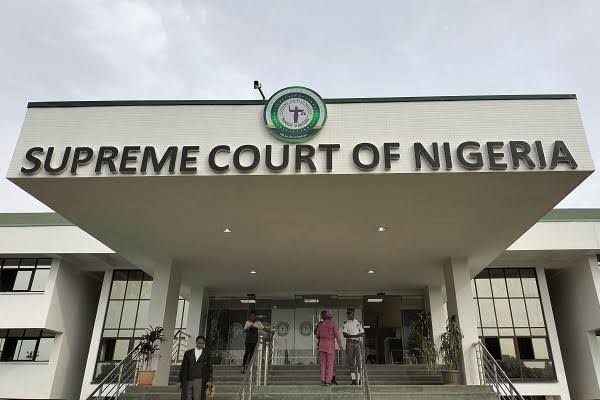

LG autonomy: Supreme Court judgement a step in the right direction but not yet Uhuru
By Henry Kelechukwu Eni-Otu, Esq
The Supreme Court’s landmark judgement on July 11, 2024, has been widely celebrated across Nigeria, especially for affirming financial autonomy and other critical principles, including the security of the office for elected local government chairmen. This judgement reflects a purposive interpretation of the Constitution, aiming to uphold the spirit of federalism enshrined in our laws.
Section 7 of the 1999 Constitution of the Federal Republic of Nigeria (as amended) guarantees the system of local government, particularly democratically elected local councils. It ensures their structure, composition, finance, and functions. However, since Nigeria’s return to democracy in 1999, the enforcement of this provision has faced significant challenges.
The crux of the issue lies in Section 162 of the 1999 Constitution (as amended). This Section stipulates the financial allocation to local government councils, managed through the State Joint Local Government Account. The problematic provisions include:
-Section 162(5): Allocates funds to local governments through the States, as prescribed by the National Assembly.
– Section 162(6): Requires States to maintain a special account for local government allocations.
– Section 162(7): Mandates States to distribute a portion of their revenue to local governments.
– Section 162(8): Specifies that the State House of Assembly determines the distribution of funds among local councils.
While the Supreme Court’s decision is a monumental step forward, it highlights the need for constitutional amendments to prevent potential exploitation of these provisions. Specifically, Section 7 must be revised to guarantee the tenure of local government chairmen. Currently, while their structure, finance, and establishment are protected, their tenure is not, leading to inconsistencies across states.
Moreover, Sections 162(5)-(8) require legislative action to align with the Supreme Court’s judgement. The National Assembly must amend these sections to ensure local governments receive their due funds directly and transparently, without State interference.
Additionally, Section 7 grants State Houses of Assembly the power to legislate on local government functions. This has led to ambiguities about whether local government functions are determined by state law or the Constitution, as outlined in the Fourth Schedule. Clarifying this is essential for effective governance.
There is also an urgent need to amend the Constitution to remove the powers of the State Independent Electoral Commission. This body should be replaced with the Independent National Electoral Commission (INEC) to conduct local government elections, ensuring uniformity and credibility. Currently, the tenure of local government chairmen varies widely, with some states fixing two years, others four, and yet others three. A uniform national tenure must be established in the Constitution.
The administrative and financial implications of these changes for INEC are significant but necessary for the advancement of true federalism. While we celebrate the Supreme Court’s decision, we urge the National Assembly to solidify this victory by amending the relevant sections of the Constitution. This includes guaranteeing the tenure of local government chairmen and councillors, expunging the State Independent Electoral Commission, and revising the provisions regarding the State Joint Local Government Account.
Finally, as we anticipate these constitutional amendments, local governments must honour the trust bestowed upon them by the people, the judiciary, President Muhammadu Buhari, and now President Bola Ahmed Tinubu. They must utilise funds dedicated to them judiciously to foster development and prevent further decay at the grassroots level of governance.
Henry Kelechukwu Eni-Otu, Esq. is a Constitutional lawyer and Lead Partner at Law Corridor, Abuja.




